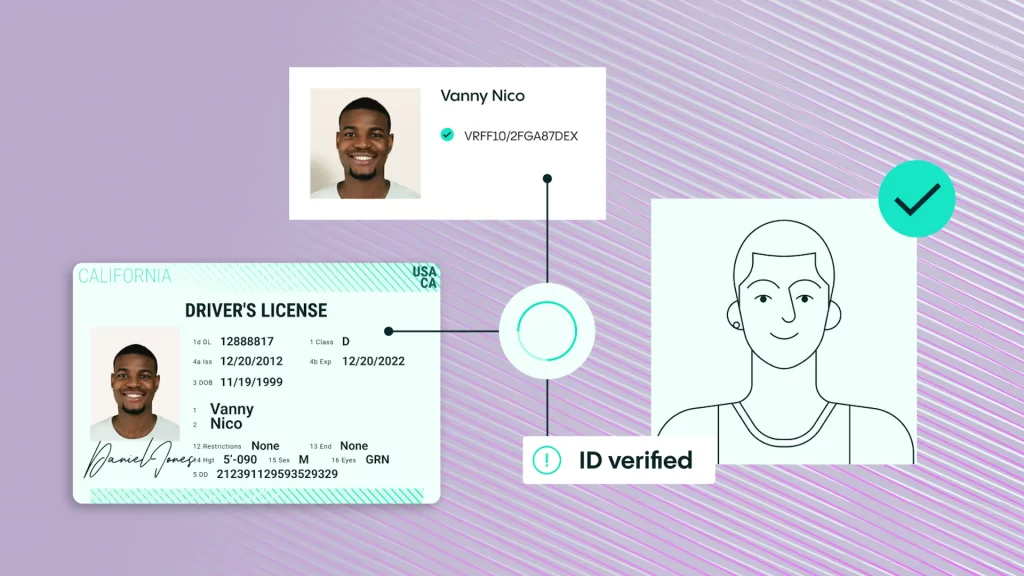A man who pretended to be a professional footballer to steal more than £16,000 in a cruel romance scam has been jailed. Nottinghamshire Police say 27-year-old Hesaam Ghori spun a 14-month scam by claiming he played for Burton Albion. He told victims that he and his sister had cancer and needed cash for private treatment. Ghori admitted four counts of fraud by false representation. On Monday, Nottingham Crown Court sentenced him to two years and four months in prison. The court also issued a five-year restraining order to keep him away from his victims.
Ghori first contacted his main target via Instagram in 2021 after spotting her profile on a dating site. He said he had a sponsorship deal with a sportswear brand through his football career. When they finally met, he professed love and spoke of marriage. Over time, he asked for money under various excuses. He always promised to repay each sum but then blamed delays on new emergencies.
Romance and Deceit
Ghori followed a simple yet effective pattern. He called daily and sent affectionate messages to build trust. He shared personal stories to deepen the bond. He then introduced financial crises that demanded urgent help. First, he claimed he had cancer. Next, he told her his sister needed treatment. Each crisis required more money. The victim transferred funds again and again, believing she supported someone she loved.
Detectives exposed Ghori’s lies when the woman saw a TikTok video showing him at a wedding. He danced at the event on the same day he said he was in hospital. Shocked, she contacted the police. Officers arrested Ghori in April 2024. By then, she had given him £16,203.71.
The Nottingham victim said she experienced “heartless deception” that left her emotionally devastated. She explained that they shared daily dreams and plans until he introduced each new demand for money. When he asked for cash for flights, housing costs and their wedding, she felt compelled to help. She added that learning his cancer claims were false left her feeling utterly betrayed and vulnerable.
Police then linked Ghori to three other women in Leeds, Bradford and Reading. They lost £2,320, £350 and £521 respectively. One victim reported crying daily and suffering stomach pains. Another said she now avoids online dating because she fears a repeat scam. All victims faced severe stress and anxiety after the betrayal.
Protecting Yourself
Online relationships can turn dangerous when scammers enter the picture. Always verify someone’s identity before sending money. If they claim a sports career, check official team websites or reliable databases. Genuine players appear in match reports and club rosters. Never transfer large sums to someone you barely know. Scammers use emergencies to rush your decisions. Pause and ask for proof of each claim. For health-related requests, ask to see medical letters or invoices. A real patient can show valid documents.
Discuss any money requests with a friend or family member. Talking through the details often reveals red flags you may miss. Outside opinions add clarity and help you resist pressure. Use secure payment methods only. Avoid bank transfers to unknown accounts or gift card payments. These methods offer no protection if the recipient is a scammer.
Limit personal information shared on dating profiles. Scammers look for details such as your birthday, pet names or family members. That data can fuel identity theft later. Finally, trust your instincts. If a request feels wrong, take time to reflect. Authentic relationships grow steadily and do not depend on constant financial crises.
Justice Served
Police now work with banks and dating sites to share information on romance fraud. They aim to spot suspicious accounts and stop scammers before they strike again. A Proceeds of Crime Act hearing will follow to recover Ghori’s ill-gotten gains and return funds to those he deceived. Sharing these stories and practical steps can help protect others from romance scams. Scammers will keep adapting, but vigilance, verification and open conversations can stop them.
The best way to avoid falling victim to a romance scam is to never send money to anyone you meet online. Scammers exploit trust and often vanish once they receive funds. If you feel compelled to help, pause and verify every detail. Research the person’s name, photos and background. Use reverse image searches to spot fake profiles. Ask for video calls and proof of identity documents. Speak to mutual contacts or friends of friends. Check for inconsistencies in their story. Remember that banks rarely recover funds once you transfer them. These simple checks can prevent fraud and protect both your heart and your savings.



